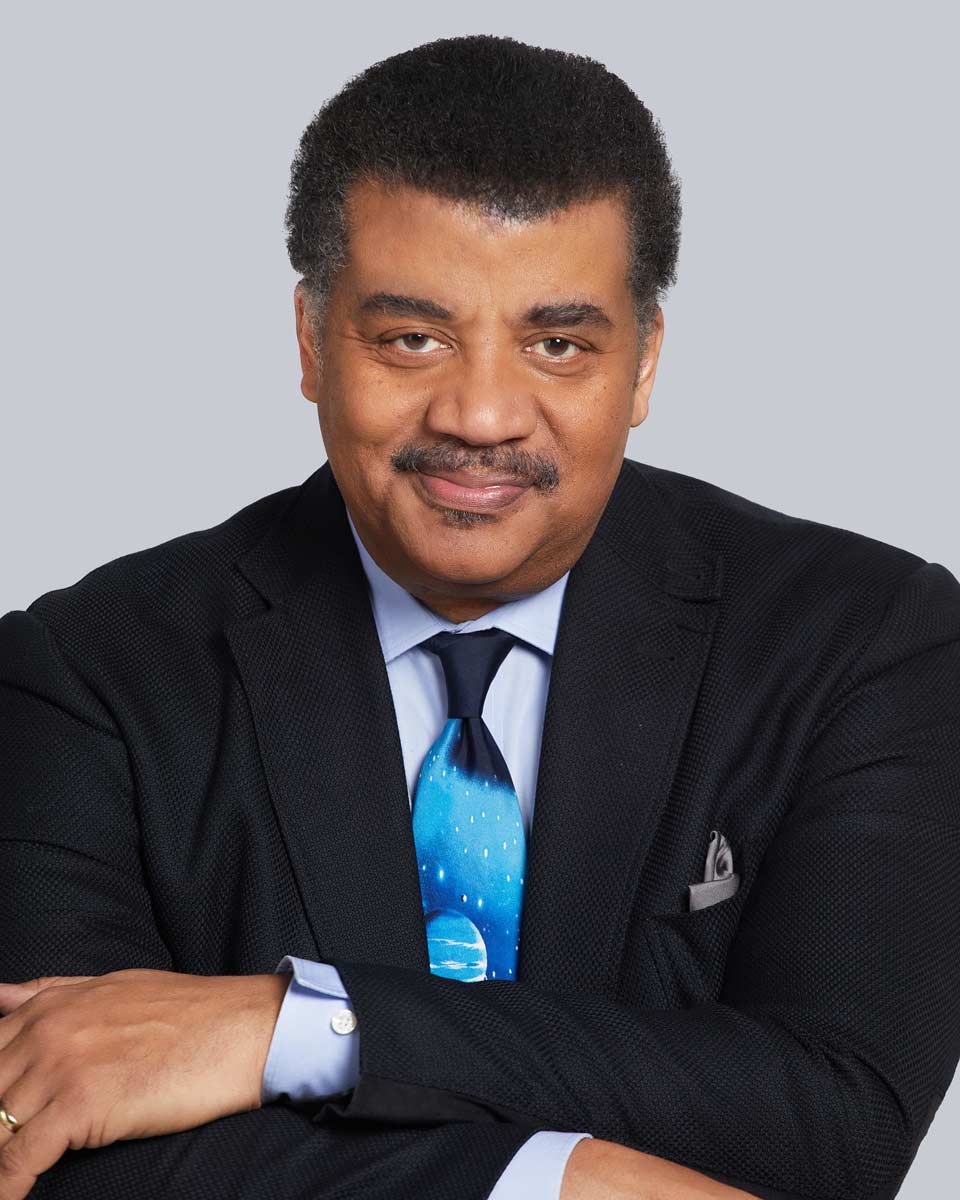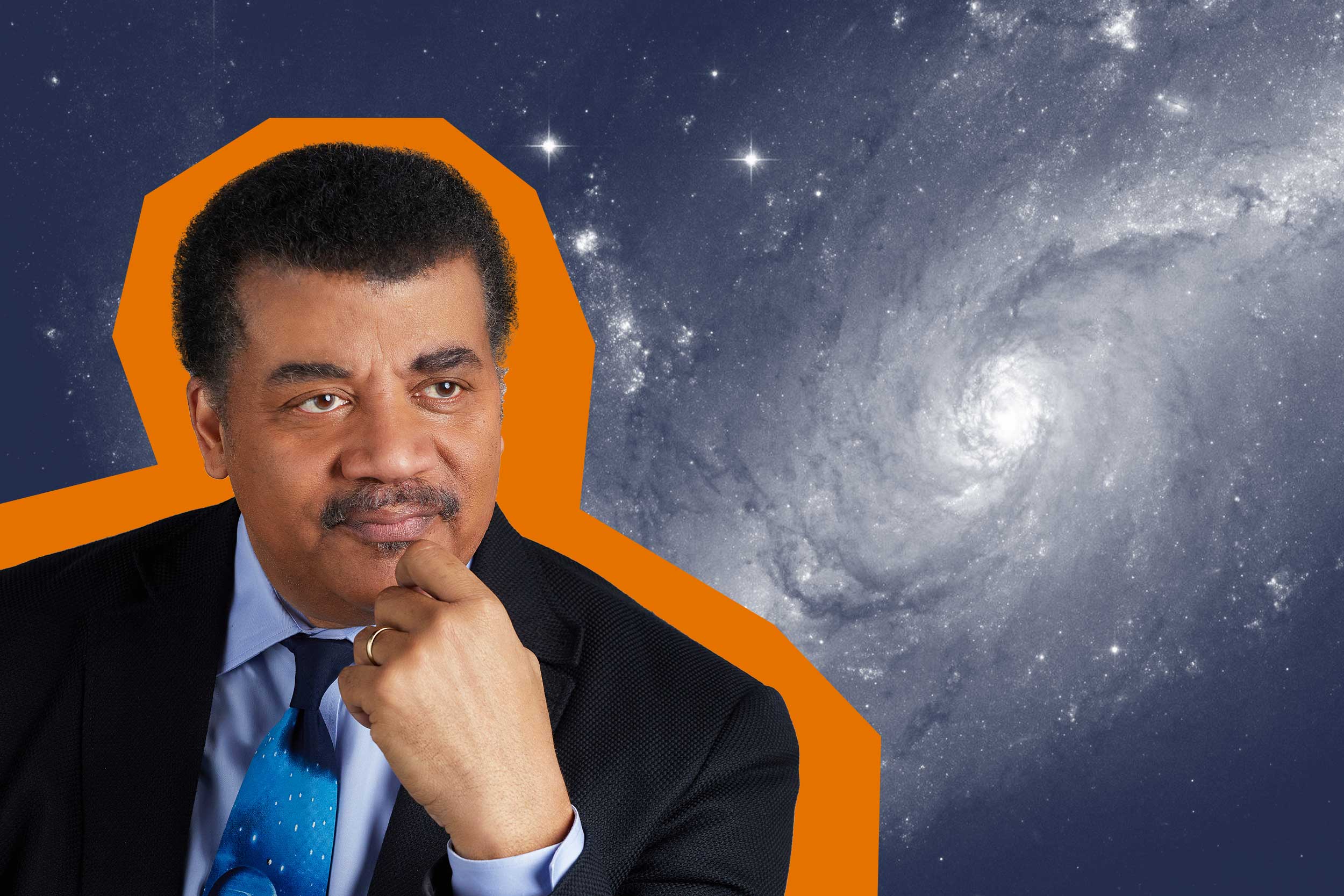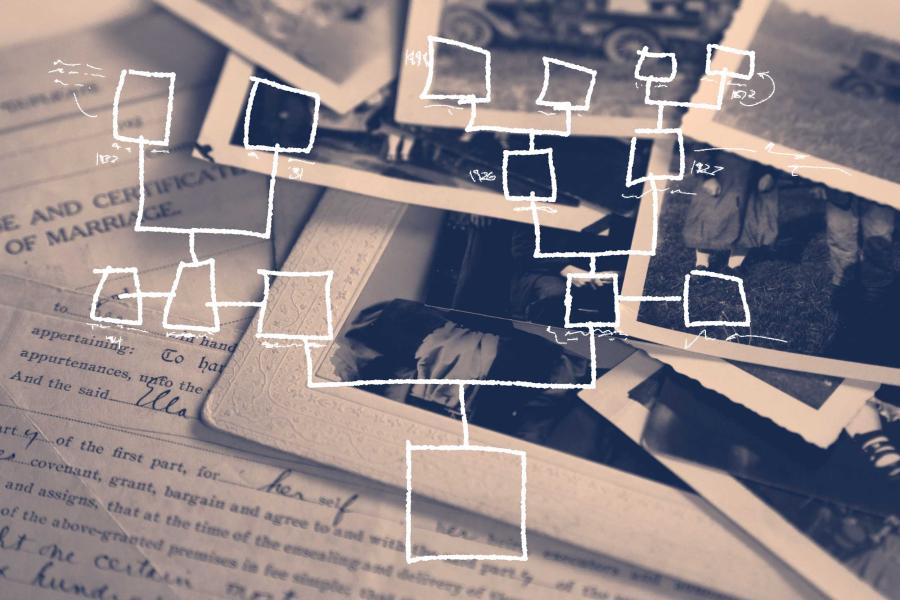What do we get wrong about space?
That’s the subject of astrophysicist and “Cosmos” host Neil deGrasse Tyson’s upcoming lecture at the University of Virginia’s John Paul Jones Arena. JPJ will host Tyson Wednesday for a talk titled “Delusions of Space Enthusiasts.” Tickets are still available.
UVA Today spoke with Tyson ahead of the lecture about our ongoing fascination with outer space and what he would change about “Cosmos.”

(Contributed photo)
Q. The talk you’re going to give is called “Delusions of Space Enthusiasts.” What deludes people about space?
A. Everything. This is not just the delusions of astrophysics enthusiasts. This is the people who thought, in 1970, when we were walking on the moon, that by 1985 we would be walking on Mars. You could have known at the time that that was not going to happen. That disconnect is deep and persistent, and I explore this.
For example, what role are the billionaire boys – Richard Branson, Jeff Bezos – going to play in the space race and the future of space tourism? Is Elon Musk really going to send a rocket to Mars, and if he does, how will he get there and why?
In the 1950s and ’60s, people dreamed about a tomorrow that never came, with jetpacks and flying cars. This talk is an exploration of where we are versus where we thought we’d be in space. It contains basically every thought I’ve ever had about our past, present and future in space.
Q. Have you ever been a deluded space enthusiast?
A. I try to be a realistic, rational person. I’m old enough to remember how people wrote about the future in the 1960s, but by the 1970s, I was rational enough. I knew I wanted to be a scientist since age 11, so I was able to analyze these statements and ideas, and it was pretty clear there was a mismatch from very early on.
Q. Why do you think space is so fascinating for nonscientists?
A. I think it’s because we all look up and wonder, and looking up is a grander exercise than looking down. We depict most of our deities as being up on mountaintops or in the clouds. We don’t depict them in a hole in the ground; always high up, so the wonder and awe and majesty of our existence is captured up there.










